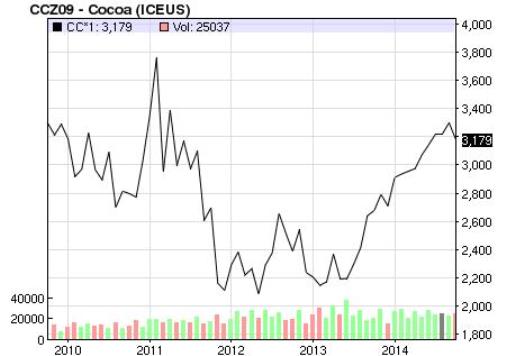Should You Care about Global Crises?
What is the individual investor to do when global events threaten to bring turmoil to the markets? Should one ignore the supposed horses of the apocalypse or take your investments and run for safer havens? One of our contributors, Jessica Hubbard, canvasses the opinions of some experts.
While it is likely that we make the same observation every year, 2014 seems to have been a particularly turbulent one – with various global crises and catastrophes sending markets on a zany ride. Rockets in Gaza, rebels in Ukraine, two major airline disasters and the insidious spread of Ebola are just some of the tragic events that have triggered the world’s collective anxiety and given rise to jittery markets.
Policymakers and central banks usually have their own set response to such events, with plenty of checks and balances to prevent impulsive and emotional reactions to worrying developments. But as an individual investor, there is usually little to no support and guidance as to how one should react – if at all – to global crises that undoubtedly wreak (at least temporary) havoc on business and investor confidence.
Sit Tight
If the experts are to be believed, then the simple answer is that individual investors are well advised to ‘sit on their hands’ and not react at all.
As Simon Brown, founder and director of financial education resource JustOneLap points out, individuals first and foremost need to ensure that they have an overall strategy for investing – which would ideally inform the investor as to how to respond to global and local events of any kind.
“Yet pretty much regardless of an overall strategy, a long term investor should never worry about short term events,” says Brown. “So the best response to current events such as plunging oil, Ebola, etc. is to ignore them…Crises will come and go over relatively short periods (anything under 5 years or so is short term for a long term investor). But given time, markets will rise.”
He adds: “Aside from doing nothing and NOT selling long term stocks in panic whenever the news goes dark, one should check to see if any preferred stocks on your shopping list are offering good prices and actually use the market sell-off as a buying opportunity.”
Ebola’s impact on cocoa production in West Africa produced such an opportunity, by way of example, with Vestact’s Sasha Naryshkine noting that ‘ironically, the most liquid trade of the lot might be to go long on cocoa – with a shortage of labour and a smaller produce this year.’
However, for those who are not interested in pursuing these small but undoubtedly seductive windows of opportunity amidst crisis, the best strategy is to stay put and regard your investments as untouchable. News is great to stay informed and in touch, but it can be a terrible influence on your finances if you let emotions and fear seep out of the TV and printed word…and into your portfolio.

